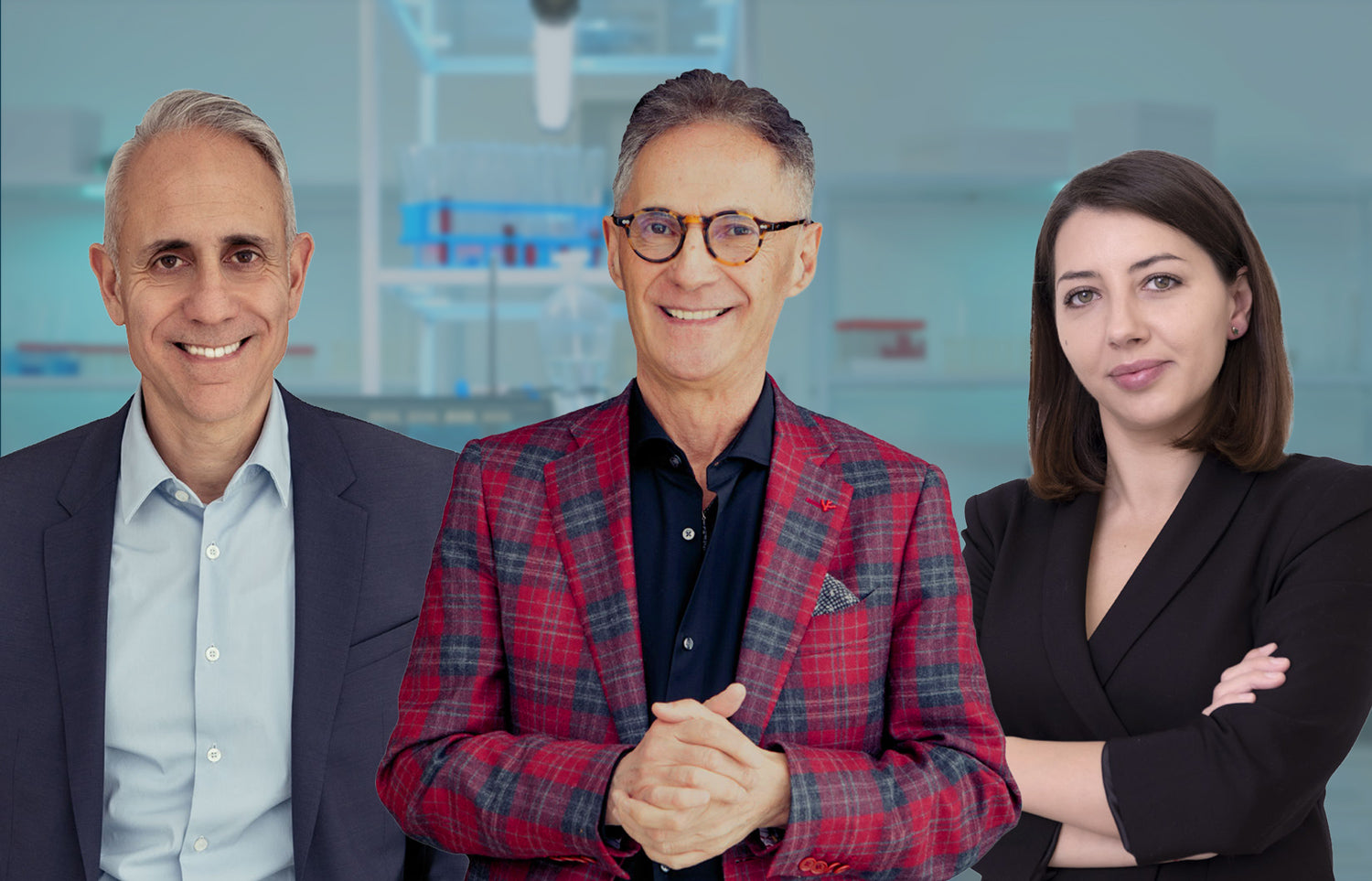Menu
Composition
Properties and Efficacy
Main Benefits
Why Choose?
Scientific Studies and Insights
Literature

About Us
Kiros Diet
We offer high quality natural food supplements and phytoterapics products based on 25 years of research and clinical studies.
Our supplements: with the right vitamins, natural substances and herbal extracts, we can now optimize mental and physical energy, support immune system, improve quality of life in the long term, and so much more. The supplements developed by our team offer the highest level of safety and efficiency.
How Kiros Diet supplements come about
From the collaboration between Prof. Giuseppe Castaldo and Prof. Luca Rastrelli of the Department of Pharmacy at the University of Salerno, an internationally renowned center of excellence in the field of nutritional supplements and nutraceuticals research.
- Choosing a selection results in a full page refresh.





















